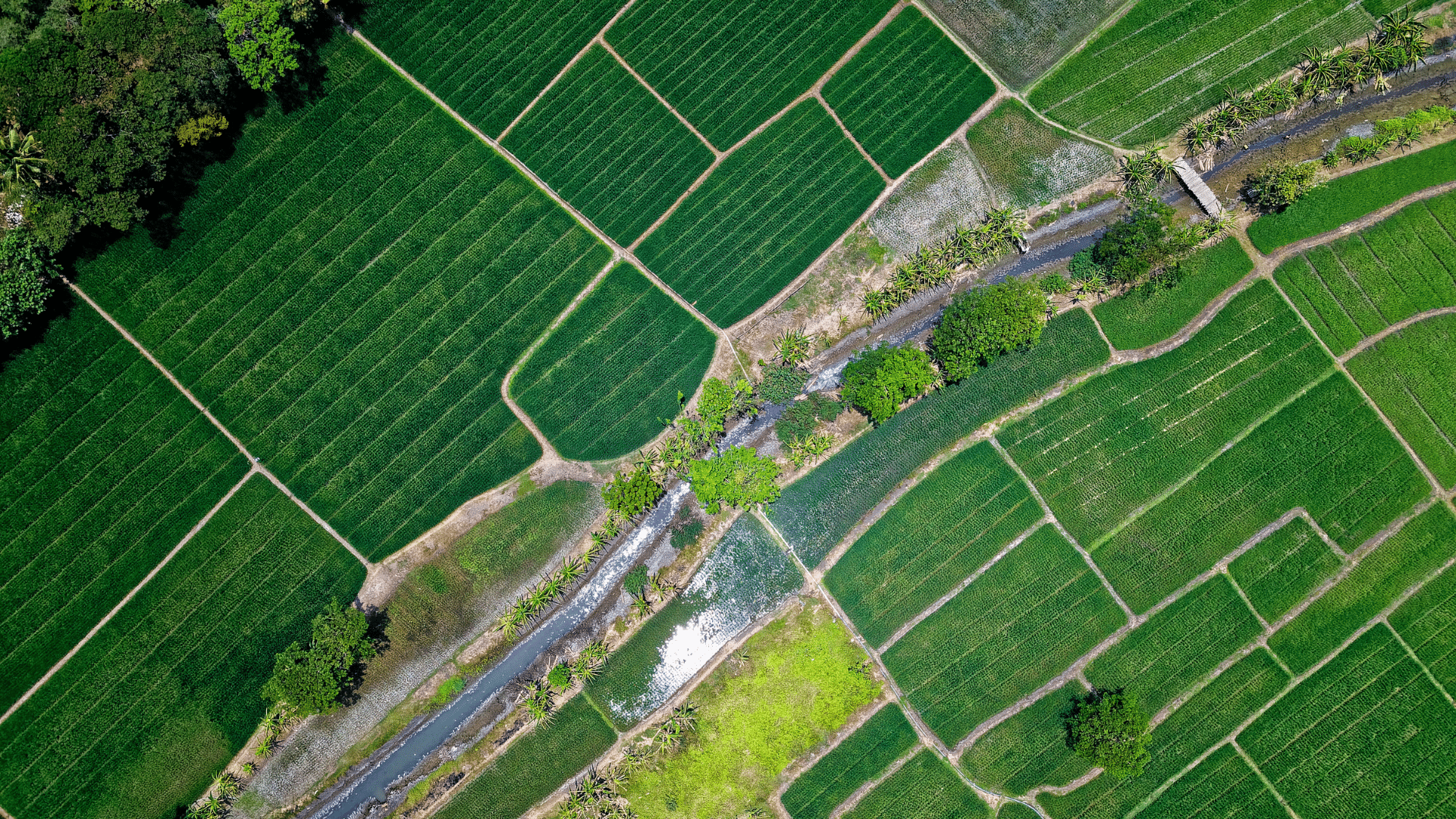
It is a tax time of year for everyone, from small business owners to employees to farmers. The Canada Revenue Agency (CRA) gives some tax benefits to farmers as their entire occupation depends heavily on the climate. We will discuss some tips to help you save on taxes this tax season. But note that the benefits discussed below apply if you do farming as a business and not as a hobby. If you are farming vegetables and animals for yourself and not selling them commercially, the benefits below don’t apply.
5 Tax Saving Tips for Farmers
Farmers enjoy all the tax benefits applicable to small business owners. But we are here to discuss some specific tax benefits applicable to farmers.
Cash or Accrual Accounting
The CRA allows farmers to opt for cash accounting, in which you record your income and expenses when the cash is received or paid. It is simple, and you pay tax on the income that you have received. However, if you make windfall gains or are forced to sell inventory in a particular year, your tax bill will shoot up.
Accrual accounting is a bit complex as you record income and expenses when they take place, irrespective of whether cash changed hands. You have to keep track of cash separately. While this accounting avoids huge tax bills in a year, you pay tax even if you didn’t receive the payment.
Both methods have their pros and cons. A professional accountant can help you determine the accounting method apt for your situation.
Explore Business Expenses That Are Tax Deductible
You pay tax on the income earned after deducting all legitimate farm business expenses you incurred to earn the revenue. The list of eligible expenses is long. Some of these include:
- Input costs – feed supplements, bedding, fertilizer, seed, and pesticides
- Building and land maintenance – utility bills, property tax, and rent
- Machinery expenses – fuel, oil, repairs, licences, and insurance
- Professional expenses – bank, insurance, legal, and accounting fees
But you can’t just call in any number a machinery expense or input cost. Every expense you deduct should have respective bills and receipts. If the CRA decides to do an audit, they will ask you to present these bills. And if you cannot show the bills, they may reject your business expense deduction. It means you will have to pay tax on that amount along with a penalty.
Hence, take some time out every month, organize your sales invoices, bank deposit slips, receipts, contracts, cash purchase tickets, and cheque stubs, and store them for at least six years.
Apart from the above expenses, you can deduct the cost you incurred to hire someone to help pick the harvest. And if the hired person is a qualified Red Seal trade apprentice, you can claim 10% of the wage up to $2,000 annually per apprentice as the apprenticeship job creation tax credit.
Use Farm Losses to Reduce Taxable Income
Apart from business expenses, losses in a particular year can also help you reduce your taxable income. Like any business, even farming has its fair share of profits and losses. You report a net loss if your expenses exceed your income. Income tax is only payable on profits. The CRA allows you to carry your farm loss three years backward or 20 years forward and reduce your taxable income for the year.
The CRA also allows a livestock tax deferral provision, under which you can realize a portion of your sales next year if your livestock is affected by drought or flooding. If you had to dispose of 15%-30% of your breeding herd, you can defer 30% of your income from sales proceeds to next year. But if you had to dispose of more than 30% of your breeding livestock, you can defer 90% of your income from sales proceeds. You can continue deferring income until your region is no longer designated a drought or excess moisture area.
Optional Inventory Adjustments for Cash-Based Accounting
Using cash-based accounting, the CRA allows you to divide your tax over two years using Optional Inventory Adjustments (OIA). As a farmer, you earn revenue when you sell your inventory. The highest you can get for your produce is the Fair Market Value (FMV).
Under OIA, you can claim any amount up to the FMV of your year-end inventory as income in the first year and increase your income. Whether the inventory is sold, this amount is deducted from your second-year income. It reduces your second-year taxable income.
For instance, Joey’s 2022 year-end inventory was $65,000, and taxable income was only $35,000. He used OIA and realized $30,000 of his inventory, increasing his 2022 taxable income but keeping it under the 15% federal tax bracket. In 2023, he sold his entire $65,000 inventory and earned an income of $75,000. Since Joey used OIA, he can deduct $30,000 (which he realized in 2022) and reduce his taxable income. He distributed his income in two years and reduced his federal tax rate to 15%.
Filing and Paying Income Tax
When you file your taxes, ensure you file them on time. The deadline for filing income tax is April 30, while that for self-employed individuals is June 15. But if you are self-employed and have pending taxes, you must file and pay taxes by April 30. If you fall short of cash to pay the tax, you can pay tax in installments by setting up a pre-authorized debit payment agreement through the CRA’s My Business Account or My Account service.
Small business owners and self-employed must pay advance tax by the 15th of every quarter. However, farmers must pay only one advanced tax installment (66% of the estimated tax bill) by December 31. The remaining 34% tax is due April 30 of the following year. Any delays in filing and paying taxes will invite penalties.
These are just a few ways to reduce your taxes. The CRA offers many other tax benefits to farmers, and a professional accountant can help you take advantage of those benefits and file your taxes on time.
Farmers: Contact Ford Keast LLP in London to Help You with Tax Planning and Filing
A skilled accountant is well-versed in the CRA tax benefits and accounting guidelines. They can prepare your detailed financial statements based on the documentary proof and apply deductions where eligible, saving you on the tax bill. To learn how Ford Keast LLP can provide you with tax filing and accounting services, contact us online or at 519-679-9330.



